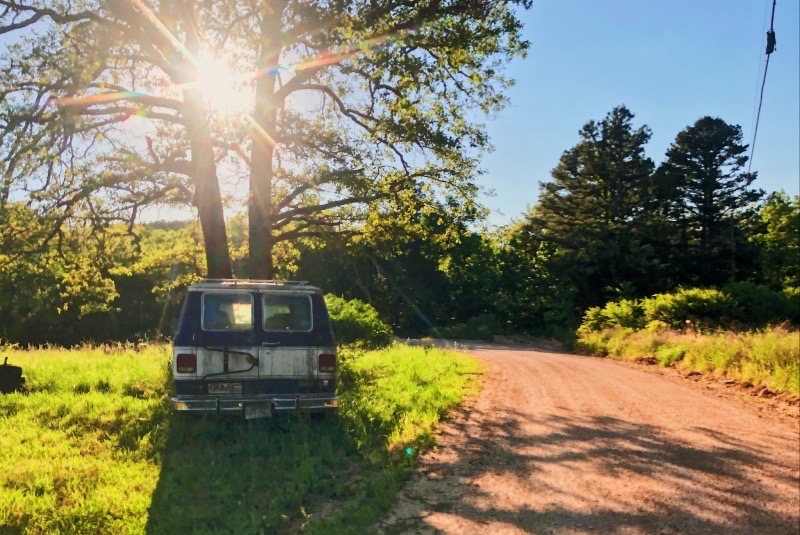
Donkey Boy
Tonight, I Am Full
By Logan Jones-Wilkins
Written June 1st, 2020, edited and published June 6th.
The following piece is a written reflection of the Rodeo Adventure Labs sponsored athlete and contributor Logan Jones-Wilkins. These sentiments and perspectives are that of the author and should not be viewed as the opinion of Rodeo Adventure Labs, although we support our athlete’s choice to use his position to voice his opinions.
Tonight, I am full.
Full of life from the purity of nature; full of friendship from time spent with an old friend; and full of fitness from the miles spent careening around the mountains of Arkansas. Yet, now as I sit in my living room at 1 AM Monday, June 1st struggling to find an elusive sleep, I am also filled with sadness. Sadness for my black and brown compatriots who still live in fear of those who are charged with protecting them; sadness for the men and women who have lost their lives too soon and their families who have not been given the justice they deserve; and sadness for all the loss racism has caused in this country that I have always called home.
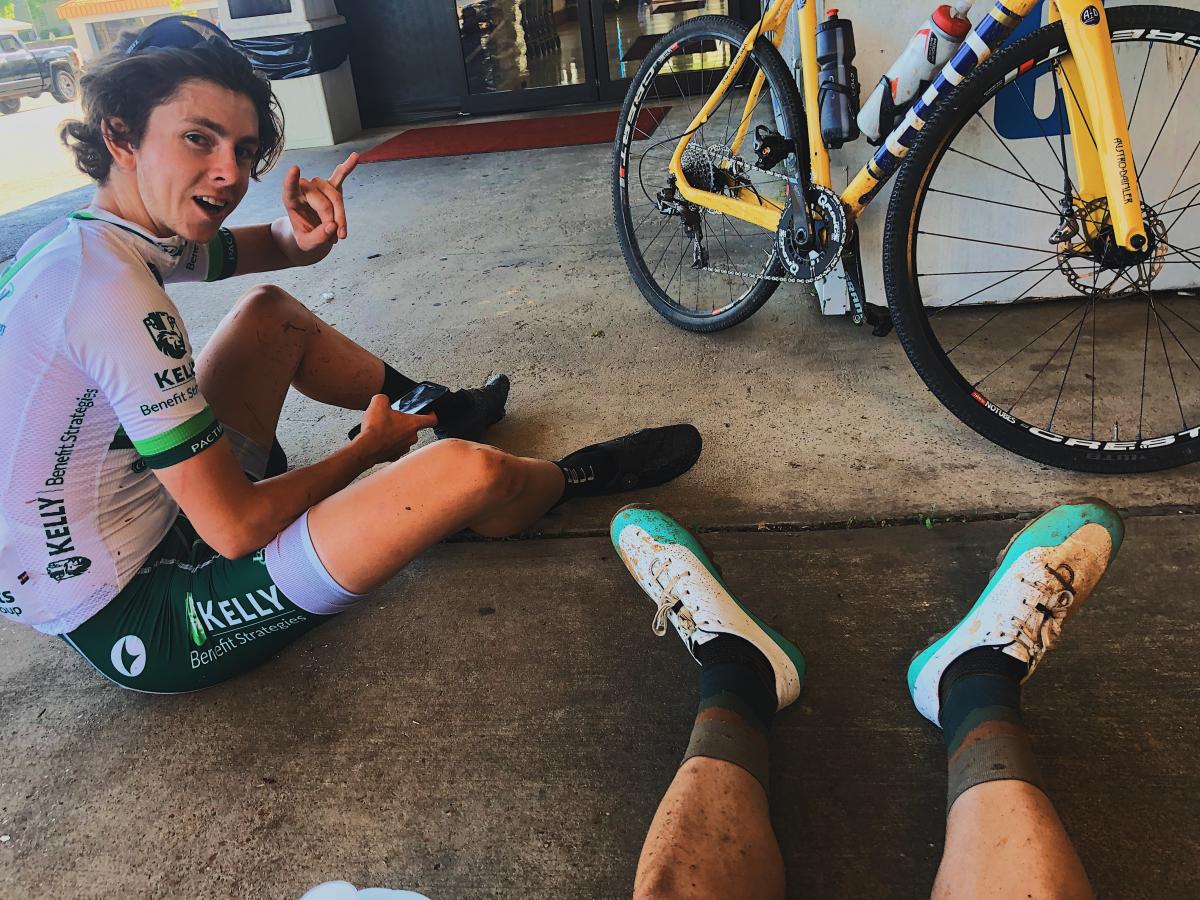
For the past three days I have lived a strange juxtaposed life, straddling the disconnected peace of the woods with the chaotic clamor of American society. With cellphone coverage only available in bursts when we stopped for snacks on the rides, information came in waves while time to think was a constant. Those thoughts, however, were as scattered as the lumps of sharp rocks me and my friend and teammate Patton Sims pedaled through.
The Ozarks are a strange mountain range. From one perspective the range is like a giant took a rolling pin to the Rocky Mountains and then sprinkled a million trees of a thousand varieties amongst the hills, ridges and rivers of the region. These mountains that are sprawled through northwest Arkansas and southern Missouri are not the gentile ridges of the Blue Ridge, or the jagged snowcaps of the Cascades. Instead they are beaten and bruised, yet defiant and rugged.
Stuck between the intricate ridge-lines is a wondrous playground of red dirt gravel roads, rock covered jeep trails and logging double tracks that plunge up and down the dense forests the shrouds the paths ahead. In stark contrast to my home in eastern Arkansas where canals, ditches and levees have bent the land to the will of depression era farmers, the wild of the Ozarks prove to be a more formidable foe. Agriculture is reduced to scattered fields of hay, corn and cattle with the rocky soil foiling and farmers dreams of industrial style cultivation.
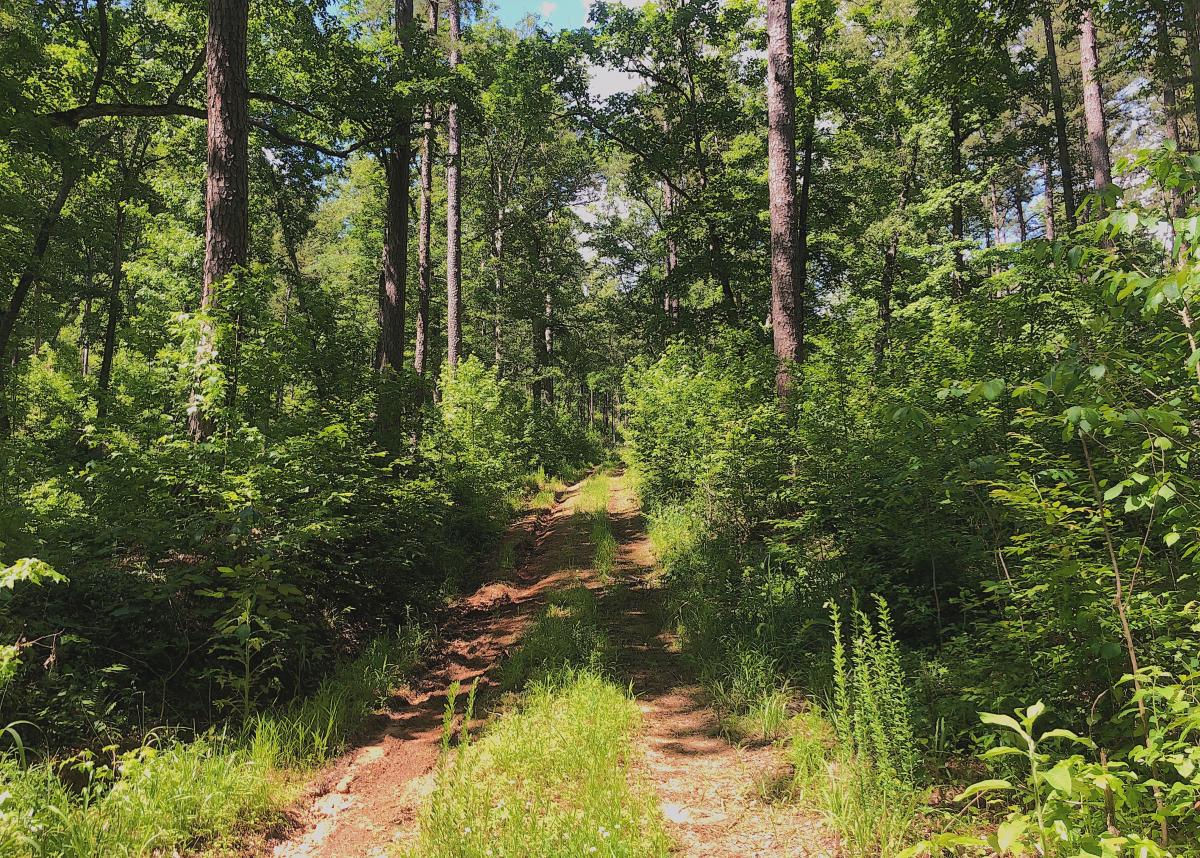
Passing by different homesteads and run-down hamlets of yesteryears, the concerns of present day that you could not miss in our social media reality seemed millions of miles away. It was this complete disconnect that made processing all that was happening challenging. All around us the chaos of the larger world was overpowered by the isolated peace of the mountains. As we set out conquering our own challenges, as much as I have felt passion for issues of racism in the past, the consuming strength of the escape won. After all, as we departed the cotton fields of Arkansas Thursday, escaping the powerful restlessness that had consumed the last three months of quarantine was all we set out to do. It was our chance to break free and return to the adventures that had defined us.
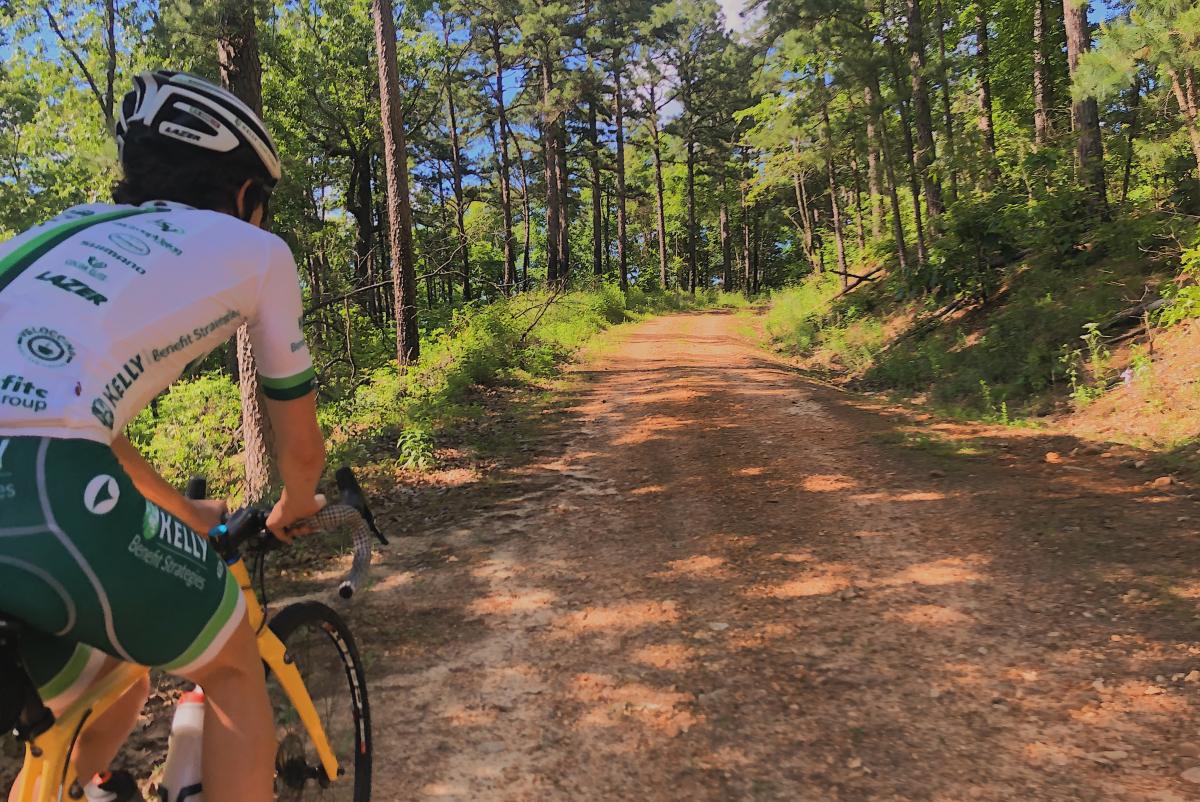
Yet, the cathartic experience of those rides could only stretch so far. Since those days in the woods, the restless angst of quarantine confinement has been lost not just from the weekend of adventurous bless, but instead from the deep sorrow in my heart. Listening to those voices who were too easy to ignore has challenged me to my core and driven me to tears. Back home in the comforts of a rural small town with the luxury of endless streams of information, I have been unable to focus on my present standing as I had in the mountains, but instead live through the emotions of a thousand voices of discomfort who can no longer take generations of suppression lying down.
As I write this, I recognize that now is the time for people of privilege to listen to people of color, and in particular our black countrymen and women, who have been silenced for too long. It is critical to allow them the space to share their truths and for us to listen, not only to the truths that make us feel secure, but most importantly to the truths that challenge us to be better. Now is the time not to focus on the damage done in the last days, but the damage done over the hundreds of years of racism and systematic brutality that has existed in these United States. It is time to listen, learn and most importantly love. We cannot afford to do anything else.
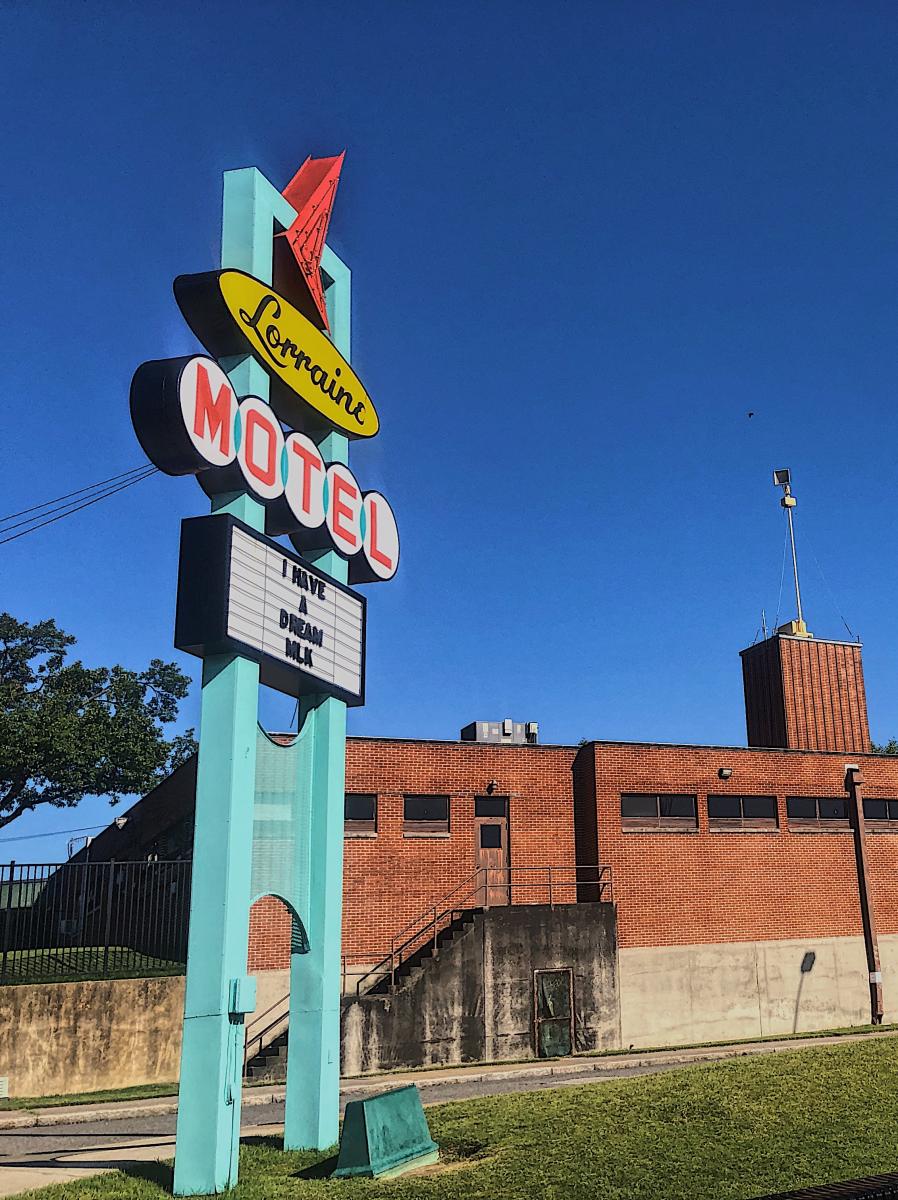
However, listening is not enough. As the immediacy of the crisis will wane, we as a collective will become fatigued with the hard truths that have been unearthed and will want escapes. In many ways, no group is better at this kind of escapism as cyclist: We live for the escape. When that fatigue sets in, we as a community will be judged in the eyes of the world about our commitment to meaningful change and to the memory of every victim of inhumane injustice. What my Ozark escape showed me is no matter how far we go, when we return from our escapes that give us security, reality will always be waiting. What we as white cyclists cannot keep doing is letting the onus of change fall on the few black cyclists alone. Given our tough reality, the onus is on us, the privileged members of society, to act and scream with them:
INCLUSION MATTERS,
ACTION IS NEEDED,
AND MOST IMPORTANTLY,
BLACK LIVES MATTER!
Stay safe, speak up, and do not be afraid to write that in permanent ink.

No comment yet, add your voice below!